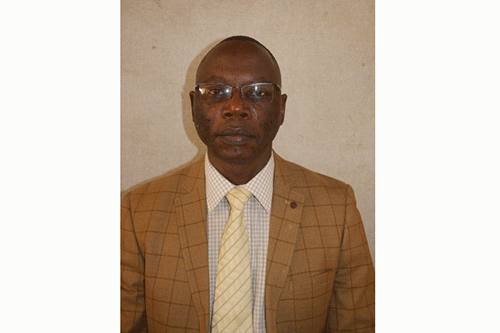Apartheid was brutal and premised on three practices: a minority suppressing the majority of a nation’s people; it controlled the country’s wealth and productive resources through violent and non-violent means, legalised and institutionalised racism of humanity. The legal status of apartheid was buried six metres on 21 March 1990. However, the euphoria of political liberation has continued to date amidst poverty of most of the Namibian citizens.
For the past three decades and on every anniversary of Namibia’s independence, successive political leaders have promised citizens’ economic liberation in our lifetime. In other words, every year, political leaders persuade Namibians to believe tomorrow is better than today. Thus, for the past thirty years, Namibians have become more hopeful about tomorrow. Citizens have been pacified to believe in Romans 8:18, which states that ‘Our present sufferings are not worth comparing with the glory that will be revealed to us’ in the next life.
As Paul suggests in Corinthians 11:23-29, politicians constantly remind citizens to accept our enormous physical and emotional pain from hunger, thirst, danger, imprisonment, torture and persecution is the will of God. Also, politicians have since independence cajoled citizens to rejoice in their earthly suffering for God’s Kingdom is theirs. Undeniably, the apartheid regime used these same verses to persuade our current leaders to be calm. Further, the Christian National Party argued the current leaders to submit themselves to the then-governing authorities because there was no other authority except the apartheid regime, which God established.
It is disturbing to note that pre- and post-independence politicians have used these verses to justify their so-called economic liberation agenda. History shows that the Christian National Party’s strategy of economic renewal, free market ideology and capitalistic economy adopted by the state in the late years of the apartheid era never worked. The reason was clear: they were not interested in opening the economy and the means of production to the black majority. More importantly, the rulers used their power and affluence to deny the majority black members of society equal economic chances. What has changed in Namibia today? Does the black majority have equal and similar economic chances as the minority wealthy and powerful elite?
The facts show that successive Namibian governments have made strides since independence to broaden the participation of black people in the economy. Also, there are indications that the successive governments have attempted to expand beneficiation efforts, allowed high rates of exports, attempted resource redistribution and strengthened competition authorities. Also, to some extent, attempts have been made to implement social programmes that address unemployment, poverty and under-development.
Unfortunately, none of these efforts have engendered economic liberation that our leaders read about in their annual speeches. To date, all political party leaders have no transformational economic agenda that explains how they intend, for the next thirty years, to liberate the economy from the hands of a few.
Therefore, the pre-independence economic status quo remains intact. Yet, annually, those in power bemoan the myth of achieving economic liberation in our lifetime. In my opinion, it will never happen. Why?
The main problem with our politicians is that they preach what they cannot do. For Namibians, political liberation is nothing without economic liberation. The narrow definition of political liberation is that African liberation leaders revolted against social injustice to secure political, social and economic freedom for all citizens. The Swapo party fought for these ideals. Thirty-something years of political freedom, most Namibians still ask the following questions: ‘Where is the economic liberation you promised us? Why are we not included in our economy?’
It does not take one to think long and hard to conclude that the current outfit of politicians will never achieve economic liberation no matter how many speeches they recite or how many years they stay in power. In both theory and action, there is no evidence that the current administration can firmly implement a transformational economic agenda that will bring about economic liberation in our lifetime.
The other two previous administrations may have tried but the jury is out there to determine their performance. Indeed, economic liberation is not a destination; it will take time and patience to achieve. Luckily, the apartheid Christian-inspired politicians achieved economic liberation in their lifetime and for their children.
The key question is ‘Why are we failing to achieve economic freedom?’ Several reasons. Maybe political freedom is enough. Ali Mazrui once said African politicians have a short memory span. Once they get political freedom and are bestowed with power, they forget the main reason they waged the liberation war. Our politicians should always remember that Namibia’s political liberation agenda, achieved in the last decade of the twentieth century, is waiting for economic liberation for all. The preservation of the country’s resources for a minority group undermines the purpose of decades of political liberation.


